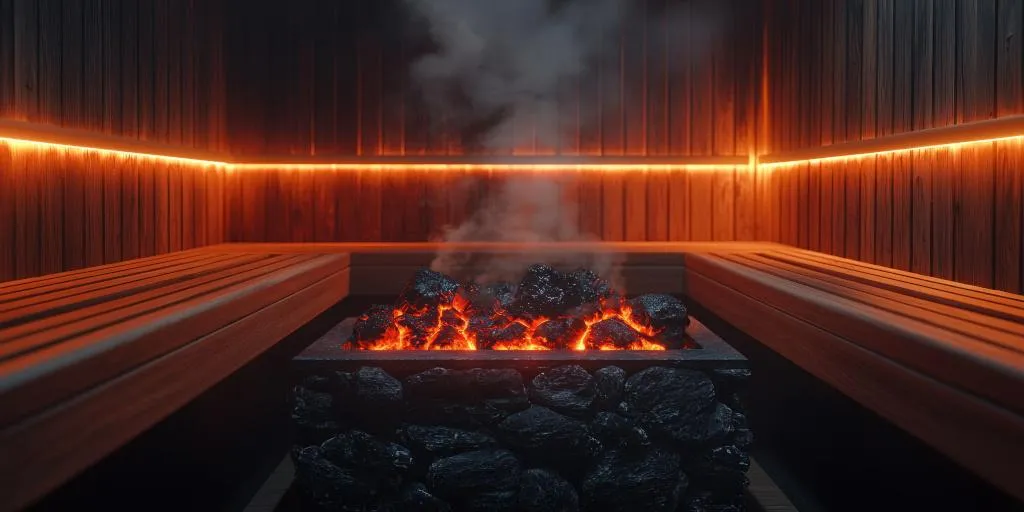
Resilience, Reflection and The Heat of Eternity
One of the most fascinating parts of studying longevity is how the human body and mind diverge—and converge—on the path to a longer, more meaningful life. It is not just about diet and exercise. Those who age well often possess a quiet strength: resilience—the ability to endure, adapt, and even thrive through challenges.
Resilience is not simply a trait; it is a muscle, built through deliberate discomfort. Repeated exposure to exercise, cold plunges, heat stress, and the discipline of daily challenges can strengthen the body—but also open unexpected doors in the mind.
Take the sauna, for instance. A tool for longevity? Absolutely. But also, as I recently discovered, a space for reflection and even spiritual confrontation.
Spending 15–20 minutes in a 180-degree sauna is not a passive act. The body responds dramatically—dopamine surges up to 150%, epinephrine and norepinephrine spike, and heat shock proteins go to work, protecting and repairing cells. Sweat pours. Toxins leave. Metabolism hums.
But something else happens.
When the physical body is pushed, the mind often quiets. Brain activity shifts into what is known as the default mode network—the space where alpha brainwaves dominate, where introspection, creativity, and deeper thought live. It is the same space accessed through meditation, prayer, nature walks, or that mysterious moment of clarity in the shower. It is where ideas are born. It is where the soul whispers.
During one of these intense heat sessions, while sweat drenched my skin and my heart thudded with alertness, my mind wandered—uninvited—into the realm of eternity.
What if this heat never ended?
What if this discomfort became existence?
Hell is not a popular topic in our modern world. Many see it as outdated mythology, incompatible with a loving God. But Jesus spoke of it often—Gehenna, the unquenchable fire—not to instill fear, but to remind us of the stakes.
The 20th-century mystic St. Faustina once wrote, “I, Sister Faustina, by the order of God, have visited the abysses of hell, so that I might tell souls about it and testify to its existence.” What struck her most? That “most of the souls there are those who refused to believe hell existed.”
That line stuck with me.
Charles Baudelaire, the French poet, echoed something similar in his haunting observation: “The greatest trick the devil ever pulled was convincing the world he didn’t exist.”
And so, there I sat in the sauna, enveloped in heat, voluntarily enduring what millions avoid. I had a clock. A door. An end in sight. But eternity… does not have an exit.
This was not just a biological reset. It became a spiritual confrontation. A rehearsal, perhaps, for a deeper truth: that resilience on earth may help us live longer—but it won’t save us from eternal separation from God.
Hell, in its most basic description, is not simply fire—it is absence. Absence of grace. Absence of love. Absence of God.
My brief time in the sauna reminded me: we cannot “tough out” hell. Those who pride themselves on endurance or pain tolerance might scoff at the idea of suffering forever. But try 30 minutes in 180-degree heat. See if your mind does not beg for relief, if your spirit doesn’t begin to break.
As Christians, we do not dwell on hell to be morbid—but to awaken to the call of grace. Heaven is not owed. It is offered. But we must choose it.
In the end, what I found in the sauna was more than resilience. I found a warning. A wake-up. And maybe—just maybe—a whisper of eternity.


